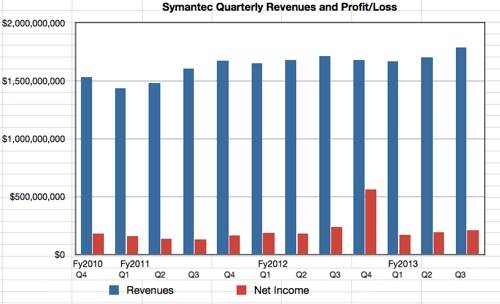A British member of the hacking group Anonymous was jailed today for orchestrating attacks that knocked PayPal, Visa and Mastercard offline.
Christopher Weatherhead, 22, who used the online nickname “Nerdo” and was described by prosecutors as “a high-level operator”, was sent down for 18 months by Southwark Crown Court. Ashley Rhodes, 28, an Anonymous crony, was jailed for seven months.
Another British Anon, Peter Gibson, 24, was given a six-month sentence suspended for two years for playing a lesser role in the online attacks. The fate of a fourth defendant, Jake Birchall, 18, will be decided at a later date.
Judge Peter Testar noted that the distributed-denial-of-service (DDoS) assaults against PayPal and others weren’t aimed at making money and instead were ideological – but said the attacks were targeted and they were meant to cause damage.
“It’s intolerable that where an individual or a group disagrees with a company they should be able to interfere with its activity,” he said.
The attacks were part of “Operation Payback”, an Anonymous campaign that first targeted anti-piracy sites, music labels and movie studios but then moved against financial firms that refused to process donations to Wikileaks after the website published leaked US diplomatic cables.
These DDoS assaults were launched using the Low Orbit Ion Cannon (LOIC), a tool favoured by Anonymous and typically used by dozens if not hundreds of people at a time to overwhelm a web server. The hackers cost PayPal £3.5m ($5.5m), we’re told, and forced it to take more than a hundred staff from parent firm eBay just to keep its website up and running while the attacks took place over a few weeks.
Although Weatherhead, of Northampton, was studying at the town’s university at the time, claimed that he only looked on while others launched the attacks in 2010, the court convicted him of one count of conspiracy to impair the operation of computers in December.
Rhodes of Camberwell in London, Gibson from Hartlepool and Birchall of Chester had already pleaded guilty to the charge.
“In short, the crown says that Weatherhead is a high-level operator, an organiser, a purchaser at the top of the indictment,” Joel Smith, prosecuting, told the court.
‘He’s not the first student to try to change the world and come a cropper’
Mark Ruffell, defending, said that although Weatherhead was responsible for his own actions, the attacks in question were carried out by any number of the 11,000 people logged into the Anonymous chat server, which was used to spread the word about the timings and targets of the DDoS attacks. He also argued that Weatherhead’s first and main motive was youthful idealism and a belief that copyright was wrong.
“He’s not the first student, nor will he be the last, to try to change the world and come a cropper,” Ruffell said.
However, Judge Testar was satisfied that Weatherhead “had a main role”.
“It was apparent to me from those [chat server] logs that he was directing the activity of others. He gave encouragement, he gave technical advice, he nominated targets,” he said.
Smith said that Rhodes and Gibson were heavily involved in “doxxing”, a process that involves dragging up and compiling as much information as possible about a target.
Documents recovered from Rhodes’ computer showed that Weatherhead had congratulated the pair on their research. However, it was accepted by the court that Gibson did not play a part in the conspiracy during the time PayPal, Mastercard and Visa were under attack.
Gibson’s barrister told the court that her client’s involvement with the group was much shorter than the others and that he stopped chatting to the group when he realised that they were going to attack the payment-processing sites.
“Gibson disconnected from the group when he realised they intended to attack financial targets, which he strongly disagreed with, so he broke off all contact. It was a purposeful act on his part and he never returned, he never went back,” she said.
Gibson’s realisation that he was doing wrong was why Judge Testar suspended his sentence.
Rhodes was “known to have a more hands-on approach”, Smith told the court. “He was the only one with a LOIC on his computer and his conversation on IRC seemed to focus more on the attacks.”
Nina Grahame, defending Rhodes, said that he was an “enthusiastic participant” in online Anon conversations, but pointed out that whenever he boasted about an attack, it was the DDoS assault on the website of London nightclub Ministry of Sound rather than the campaign against the financial services.
She also told the court of Rhodes’ ideological stance and said that while he often encouraged others, he never achieved high status himself in the group. In relation to his doxxing, she said that the research he came up with was often information that was freely available.
But Judge Testar said there was “no alternative to custodial sentence” in his case. ®
Article source: http://go.theregister.com/feed/www.theregister.co.uk/2013/01/24/uk_anonymous_hackers_sentencing_payback/
